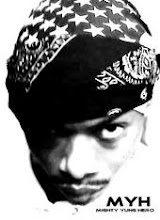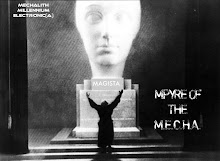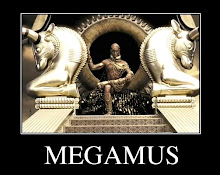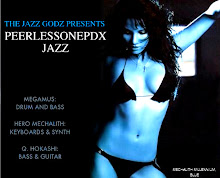The man that hath not music in himself
Nor is not moved with concord of sweet sounds
Is fit for treasons, stratagems, and spoils
The motions of his spirit are dull as night
and his affections dark as Erebus
Let no such man be trusted.
-William Shakespeare
The Merchant of Venice
The Merchant of Venice is a play by William Shakespeare, believed to have been written between 1596 and 1598. Classified as a comedy in the First Folio, and while it shares certain aspects with Shakespeare's other romantic comedies, the play is perhaps more remembered for its dramatic scenes, and is best known for the character of Shylock.
The director, Michael Radford, believed that Shylock was Shakespeare's first tragic hero, who reaches a catastrophe due to his own flaws: thus the film does not show Shylock purely as a villain, but partly also as a victim. It begins with text and a montage of how the Jewish community is abused by the bigoted Christian population of Venice. One of the last shots of the film also brings attention to the fact that, as a convert, Shylock would have been cast out of the Jewish community in Venice, no longer allowed to live in the ghetto.
The principal roles are Al Pacino as Shylock the Jew, Jeremy Irons as Antonio the merchant, Joseph Fiennes as Bassanio and Lynn Collins as Portia.
The principal roles are Al Pacino as Shylock the Jew, Jeremy Irons as Antonio the merchant, Joseph Fiennes as Bassanio and Lynn Collins as Portia.
The above quote, I actually took from
What They'll Never Tell You About The Music Business
by Peter M. Thall




















No comments:
Post a Comment